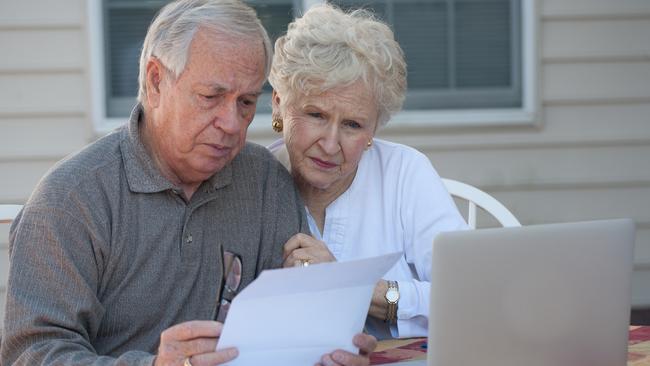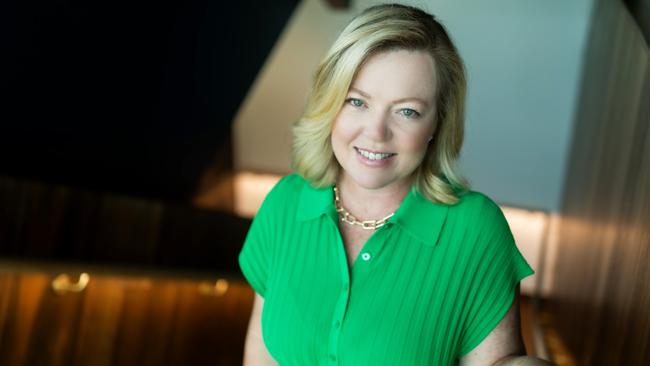Older Australians’ retirement fears intensify as living costs climb
A new report on the financial wellbeing of over-50s has found that many have been making lifestyle changes that are not sustainable.

National
Don't miss out on the headlines from National. Followed categories will be added to My News.
Worries about running out of savings in retirement are affecting a majority of Australians aged over 50, research has found.
The largest cost-of-living increases in more than 20 years have prompted almost two-thirds of older Australians to cut back on spending, according to a report by National Seniors Australia and investment group Challenger.
Its survey of more than 6000 people found 53 per cent are concerned about outliving their savings, which are being eroded by high inflation.
Earlier this year the super balance required to fund a comfortable retirement jumped from $545,000 to $595,000, according to the Association of Superannuation Funds of Australia, and high inflation is likely to lift that lump sum further.

Separate global research by Natixis Investment Managers shows inflation is the top investment concern of retirees everywhere, and Australians are retiring later in life than people in other countries.
The Challenger and National Seniors report says the cost-of-living crisis has affected the lifestyle and wellbeing of four-fifths of over-50s, and women are more worried than men.
“Unknown future health and age care costs are particular causes of financial concern and retirees have the added pressure of financially assisting adult children and other family members who are struggling to make ends meet,” it says.
Health, energy and groceries expenses are the biggest areas of concern, and the report warns that, while reducing spending may stabilise household budgets, “ongoing increases in the cost of living will make cutting back an unsustainable option”.
National Seniors Australia chief operating officer Chris Grice said women aged over 50 had fewer financial resources than men.
“Their superannuation balances are lower and they are more likely to live on the Age Pension as their main source of income if they have reached retirement age,” he said.
“To enable older people to live a dignified and comfortable retirement, assumed cost-of-living pressures need to be built into retirement plans and the retirement system.
“There are particular subgroups of older Australians such as those who rent and depend on the Age Pension who are in danger of falling through the cracks.”
Challenger head of retirement income research Aaron Minney said the impacts of rising living costs were set to be long-lasting.
“In general, older people’s sense of financial resilience and financial security have fallen since the start of the pandemic, and the increasing cost of living has further undermined long-term planning and financial goal setting,” Mr Minney said.
“Certainty of income is vital to give retirees the confidence to spend, and peace of mind.”

Meanwhile, research released on Thursday by Natixis Investment Managers shows Australia slipping down the global retirement rankings. The Natixis Global Retirement index – which measures financial factors, healthcare, climate conditions, governance and happiness in 44 countries – ranked Australia seventh, down from fifth in 2022 and third in 2015.
Norway, Switzerland, Iceland, Ireland, Luxembourg and the Netherlands lead the world for retirement security and, while Australia improved in 2023, other countries improved more, it found.
Natixis country head Louise Watson said Australia’s compulsory superannuation was “the centrepiece of what is viewed by many as one of the best retirement systems in the world”.
The Natixis research found that the median retirement age in Australia was 65, well above its global peers’ median of 61.
More Coverage
Originally published as Older Australians’ retirement fears intensify as living costs climb





